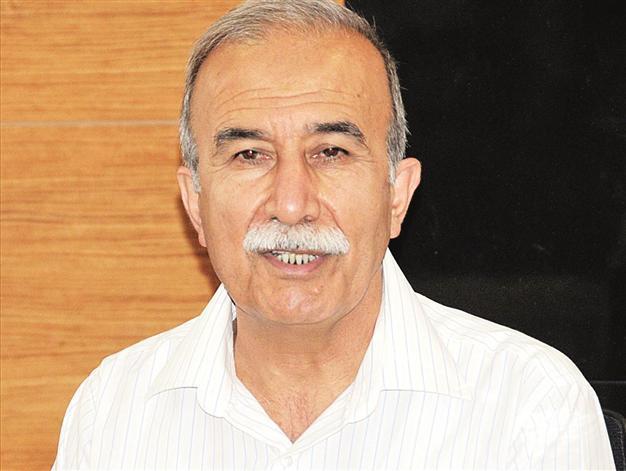Hanefi Avcı blames Gülen movement, government for Balyoz, Ergenekon cases
Toygun Atilla ISTANBUL / Hürriyet

‘The state does not know how to tackle an organization within itself. It does not have such experience,’ says Avcı.
Former police chief Hanefi Avcı has censured the Fethullah Gülen movement and the government in an interview with daily Hürriyet following his release from prison.Avcı was sentenced to 15 years in jail for a book he wrote and was released June 20 after three years and eight months in prison, after a ruling by the Chief Prosecutor’s Office of the Supreme Court of Appeals.
The decision came following a June 18 Constitutional Court ruling stating that Avcı’s rights had been violated.
Avcı’s book, “Haliç’te Yaşayan Simonlar: Dün Devlet Bugün Cemaat” (Devoted Residents of Haliç: Yesterday, State, Today, Religious Community), was one of the first that dug deep inside Islamic scholar Gülen’s movement, which he claims to have deep roots of influence within the police.
“Cemaat [Gülen’s movement] is a sui generis organization, which looks open but is secret,” he said. “It is destroying its enemies. It has its own plans and projects. I don’t think there is such an organizational structure anywhere in the world.”
Avcı was imprisoned due to his book, in which he exposed the influence of Gülen’s movement in state institutions. He was imprisoned and fined on charges of helping members of the illegal Revolutionary Headquarters investigate through his book.
The Revolutionary Headquarters case followed some high-profile alleged coup plot cases, such as Ergenekon and Balyoz (Sledgehammer), about which the government has recently changed its rhetoric, especially after the alleged fallout between the Gülen community and the government.
“The government acted against the law. It intervened in an ongoing case,” he said. “But back then, the government was misled by the police and judiciary. They told [the government] the documents were authentic, as if there were such an organization. Such a structure misleads everybody.
“I believe the government very seriously believed in the Balyoz and Ergenekon cases. They bought the idea that they were cleansing the deep state,” he added.
After the Dec. 17, 2013 graft probe, which Prime Minister Recep Tayyip Erdoğan claimed to be a conspiracy against his administration, Erdoğan has repeatedly said the government will tackle the “parallel state,” a term used for the Gülenists in the police and judiciary, purportedly acting with their own agenda. However, Avcı believes the task will not be easy.
“The state does not know how to tackle an organization within itself,” he said. “It does not have such a tradition, such experience. This is no ordinary structure.”
















